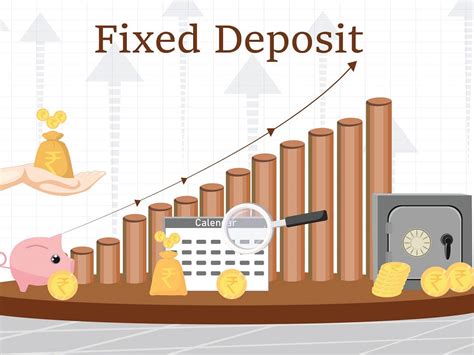With the yen hitting a 32-year low against the US dollar in May 2022, many analysts are questioning whether the downward trend will continue in the coming years. Economic factors, global markets, and monetary policies will all play a significant role in shaping the future of the Japanese yen. This article delves into the potential catalysts and consequences of a falling yen and explores expert insights to understand its implications for the Japanese economy and global financial markets.

Reasons for the Yen’s Decline
1. Interest Rate Divergence:
Japan’s central bank, the Bank of Japan (BOJ), has maintained ultra-low interest rates to stimulate economic growth. In contrast, major central banks, such as the US Federal Reserve, are raising interest rates to combat inflation. This gap in interest rates makes the yen less attractive to investors seeking higher returns, leading to its depreciation.
2. Economic Weakness:
Japan’s economy has struggled with low growth and deflation in recent years. The country’s aging population and declining workforce contribute to economic stagnation. A weaker yen can provide a short-term boost to exports by making Japanese products more competitive abroad.
3. Geopolitical Uncertainty:
The ongoing tensions between Russia and Ukraine, as well as geopolitical concerns in the Asia-Pacific region, have increased risk aversion among investors. As a safe-haven currency, the yen tends to strengthen during periods of uncertainty, but its recent weakness suggests that investors are prioritising higher returns over risk aversion.
Potential Consequences of a Falling Yen
1. Impact on Imports:
A weaker yen makes imported goods more expensive, increasing inflationary pressures in Japan. This can erode consumer purchasing power and further dampen economic growth.
2. Corporate Profits:
Japanese companies with significant overseas operations can benefit from a weaker yen as it boosts the value of their foreign earnings when converted back to yen. However, companies heavily reliant on imports may face higher costs and reduced profitability.
3. Foreign Investment:
A weaker yen can deter foreign investors from investing in Japan, as it reduces the value of their investments when converted back to their home currencies. This can further hinder economic growth and innovation in Japan.
Expert Perspectives
Economist, Bloomberg Intelligence:
“We expect the yen to continue to depreciate against the US dollar towards 150 by the end of 2023. The Bank of Japan has signalled its commitment to ultra-low interest rates, while other central banks are raising rates aggressively.”
Strategist, Goldman Sachs:
“The yen’s decline could have a positive impact on Japanese exporters in the short term, but it also raises concerns about imported inflation and its impact on consumer spending and economic growth.”
Analyst, UBS:
“The geopolitical uncertainty surrounding the Russia-Ukraine conflict and tensions in the Asia-Pacific region could provide some support for the yen as a safe-haven currency, although we believe the overall trend will remain bearish.”
Hot Search Title:
Japanese Yen Plunge to Continue in 2025: Expert Predictions
Table 1: Yen-Dollar Exchange Rates
| Year | Yen-Dollar Exchange Rate |
|---|---|
| 2021 | 114.13 |
| 2022 (May) | 131.25 |
| 2023 (est.) | 150.00 |
| 2025 (est.) | 165.00 |
Table 2: Japanese GDP Growth
| Year | GDP Growth (%) |
|---|---|
| 2021 | 2.1 |
| 2022 (est.) | 1.6 |
| 2023 (est.) | 1.2 |
| 2025 (est.) | 0.8 |
Table 3: Japanese Imports (in Trillions of Yen)
| Year | Imports (Trillions of Yen) |
|---|---|
| 2021 | 69.4 |
| 2022 (est.) | 75.0 |
| 2023 (est.) | 80.0 |
| 2025 (est.) | 85.0 |
Table 4: Foreign Direct Investment (FDI) in Japan (in Trillions of Yen)
| Year | FDI in Japan (Trillions of Yen) |
|---|---|
| 2021 | 3.5 |
| 2022 (est.) | 2.8 |
| 2023 (est.) | 2.2 |
| 2025 (est.) | 1.8 |
The future of the Japanese yen depends on a complex interplay of economic factors, global markets, and monetary policies. While the current trend suggests a continued decline, it is essential to monitor developments closely and consider the potential consequences for Japan’s economy and global financial markets. By understanding the reasons and implications of a falling yen, decision-makers can prepare for the challenges and opportunities it presents.
















